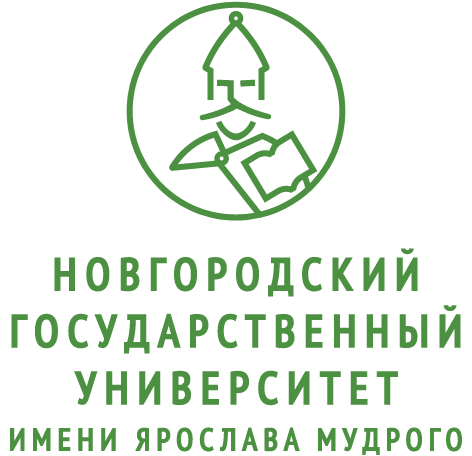Оценочные высказывания в комментариях к стриму
DOI:
https://doi.org/10.34680/VERBA-2023-2(7)-89-102Ключевые слова:
язык медиа, стрим, комментарий, оценочное высказывание, предикатАннотация
В статье рассматривается смысловой тип русских предложений как он представлен в комментариях к стриму – видеотрансляции общения ведущего-стримера со своими зрителями на какую-то тему, в избранном случае – музыкальную, предполагающую исполнение стримером кавер-версий популярных песен разных стилей. С опорой на понятия конструктивного, семантического и актуального синтаксиса, а также с учетом дискурсивных условий функционирования анализируемых оценочных высказываний выявлен круг моделей простого предложения, используемых для их построения, способы обозначения всех элементов ситуации оценки – субъект оценивания, его объект, собственно оценка; механизмы распространения модели и выражение оценки в рамках модели или ее распространения. Основное внимание уделено выражению смысла оценки, разнообразие средств которого создает парадигматические ряды предложений с однородной оценочной лексикой. Выявлено, что в состав оценочной предикатной лексики входит как литературная, так и сленговая, при этом ее грамматические возможности – словоизменительные и деривационные – реализуются максимально. Показано, что для рассмотренных дискурсивных условий при реализации оценочных высказываний актуализируется смысл высокого уровня интенсивности оценки, что обеспечивается серией приемов, среди которых включение особого типа форм адъектива и дериваты субстантива (элативы, аугментативы), конструкции с частицами, местоимениями и выход за рамки простого предложения в сферу паратаксиса. Результаты исследования уточняют представления о грамматике оценочности в ее медийной реализации, а также убеждают в том, что обращение к дискурсивным условиям реализации разных смысловых типов предложений открывает новых стороны их функционирования, в частности, специфику конструктивного и семантического аспектов.
Скачивания
Загрузки
Опубликован
Как цитировать
Выпуск
Раздел
Лицензия
Copyright (c) 2023 Verba

Это произведение доступно по лицензии Creative Commons «Attribution-NonCommercial» («Атрибуция — Некоммерческое использование») 4.0 Всемирная.








